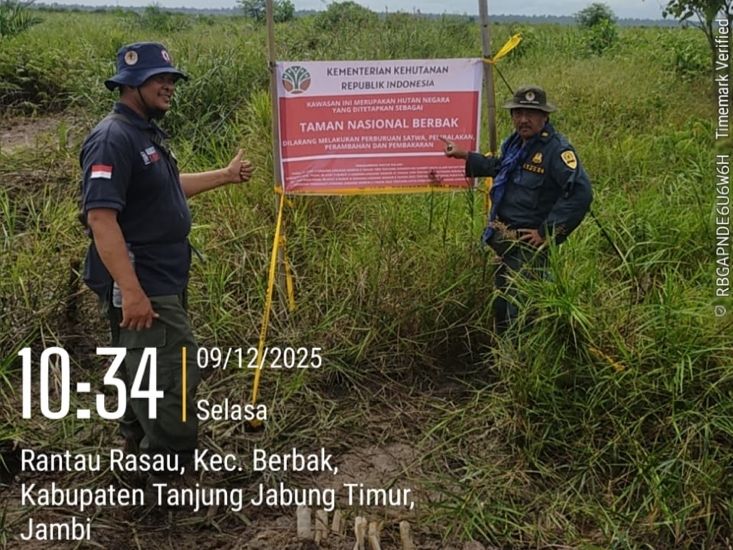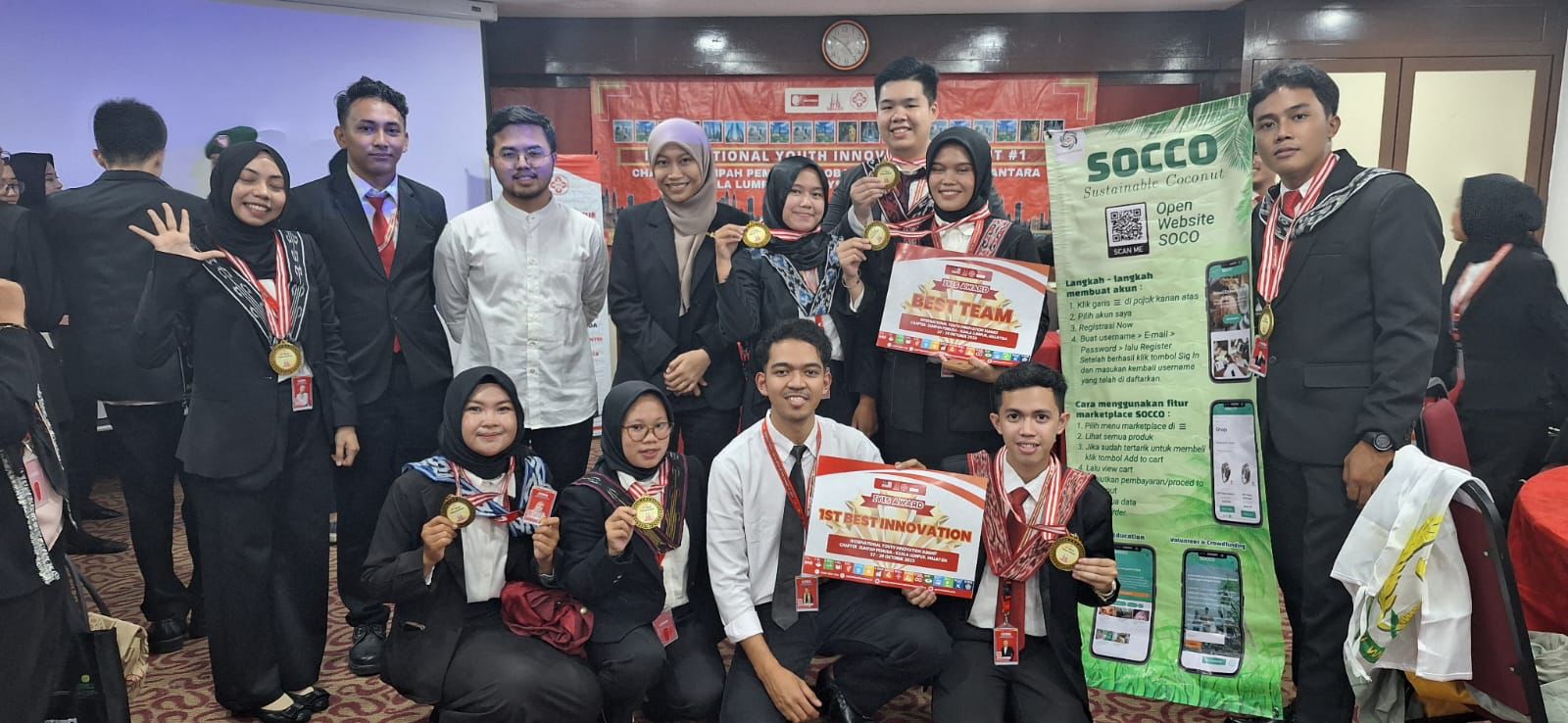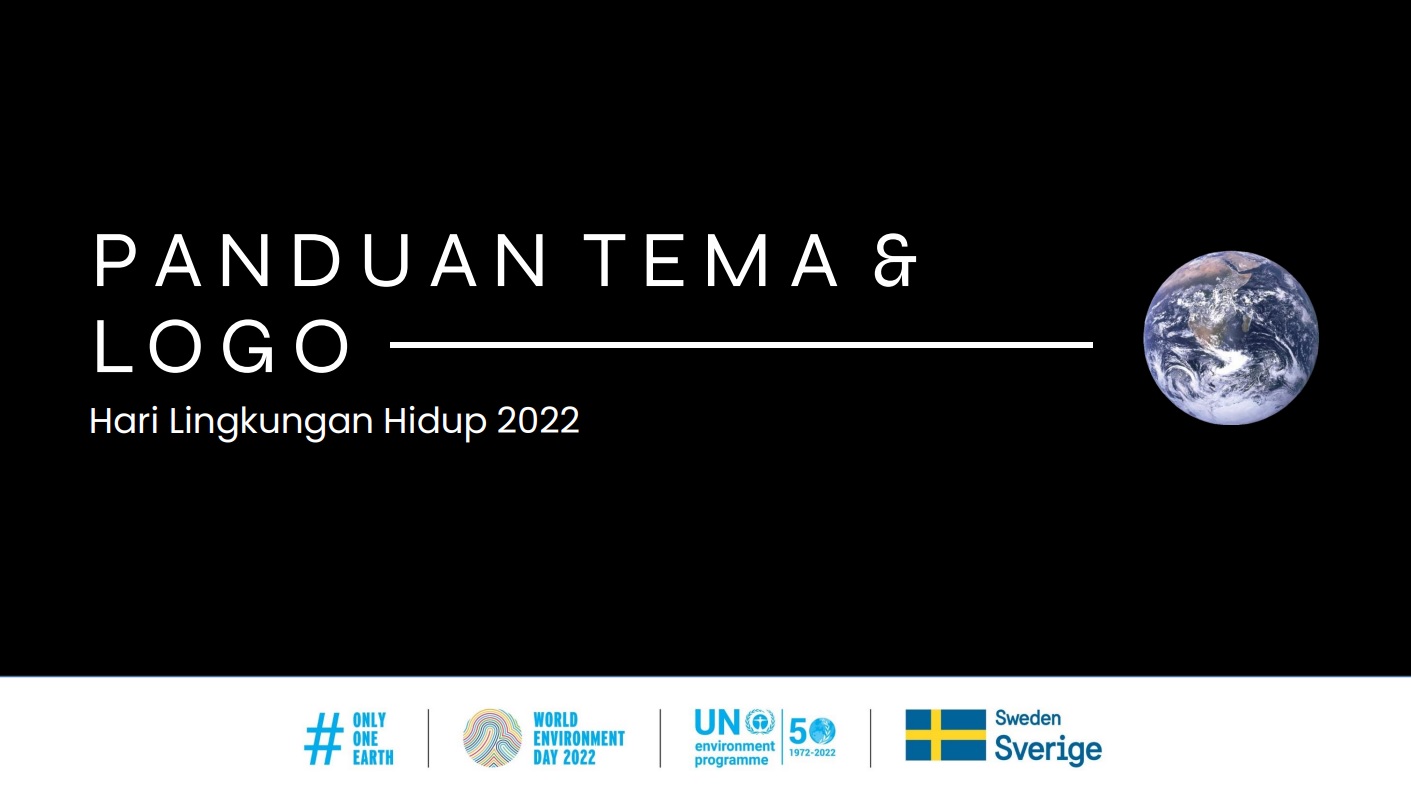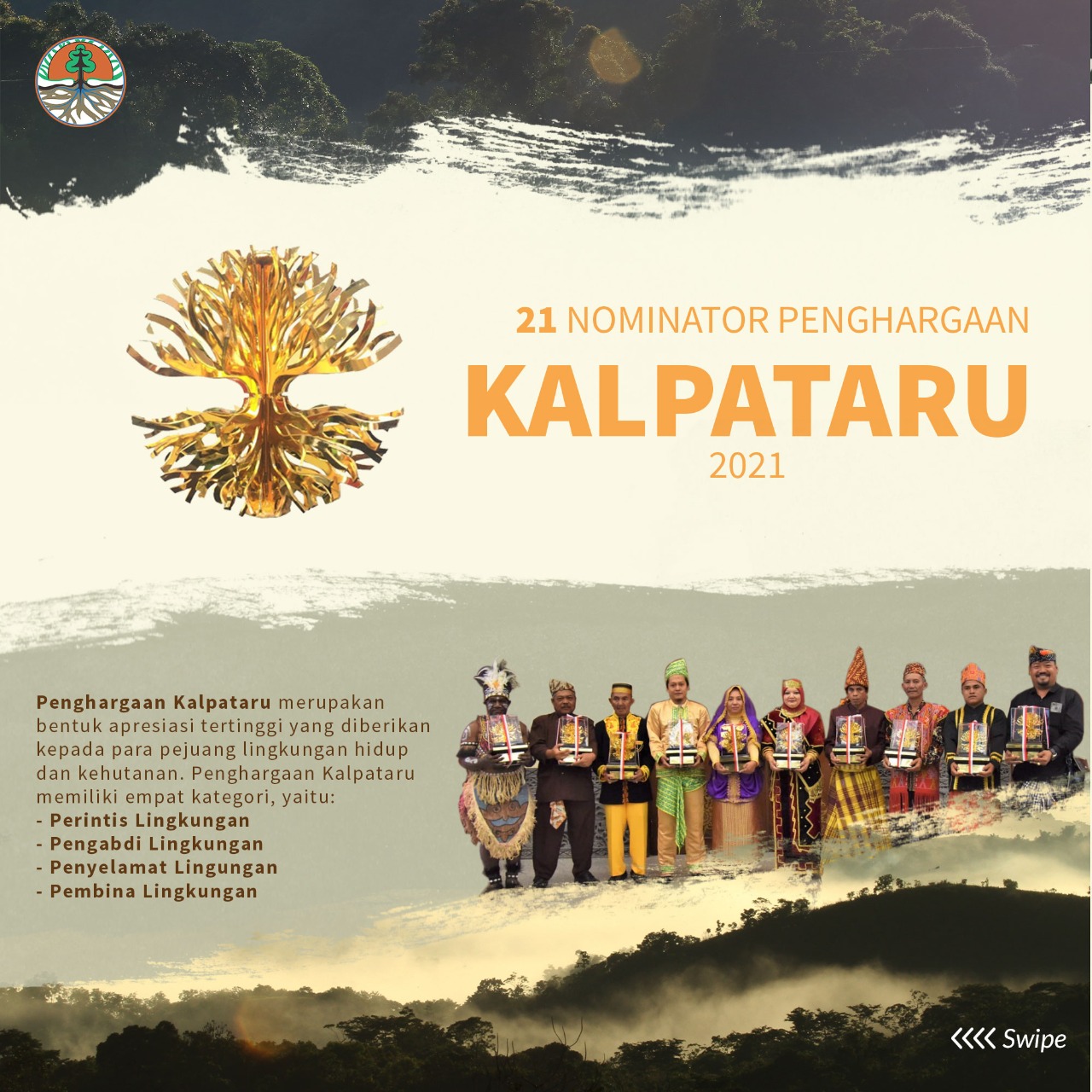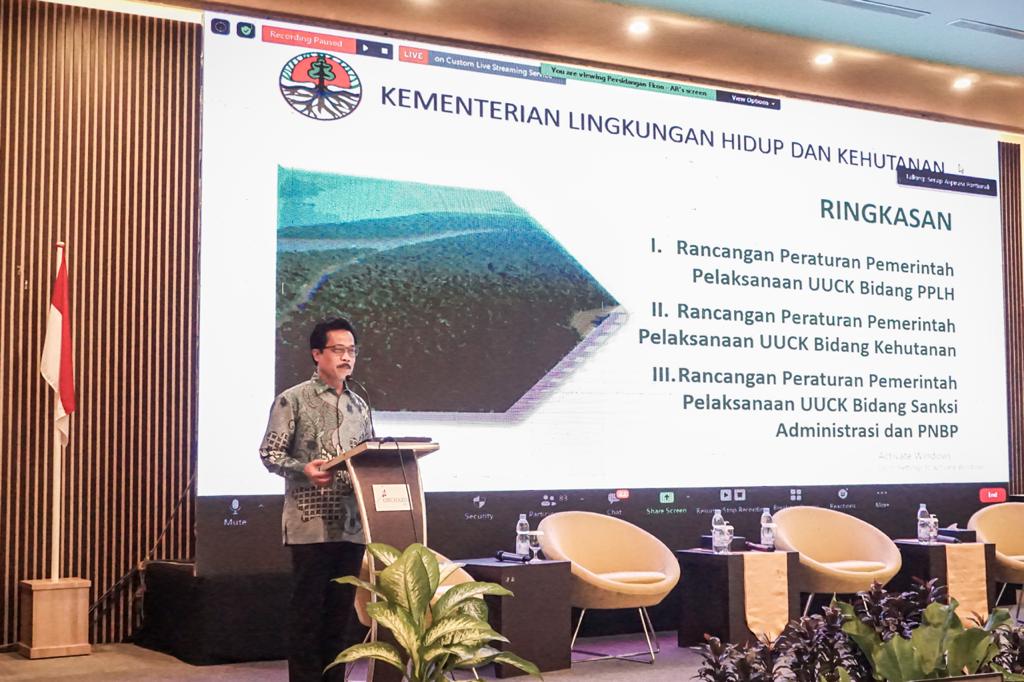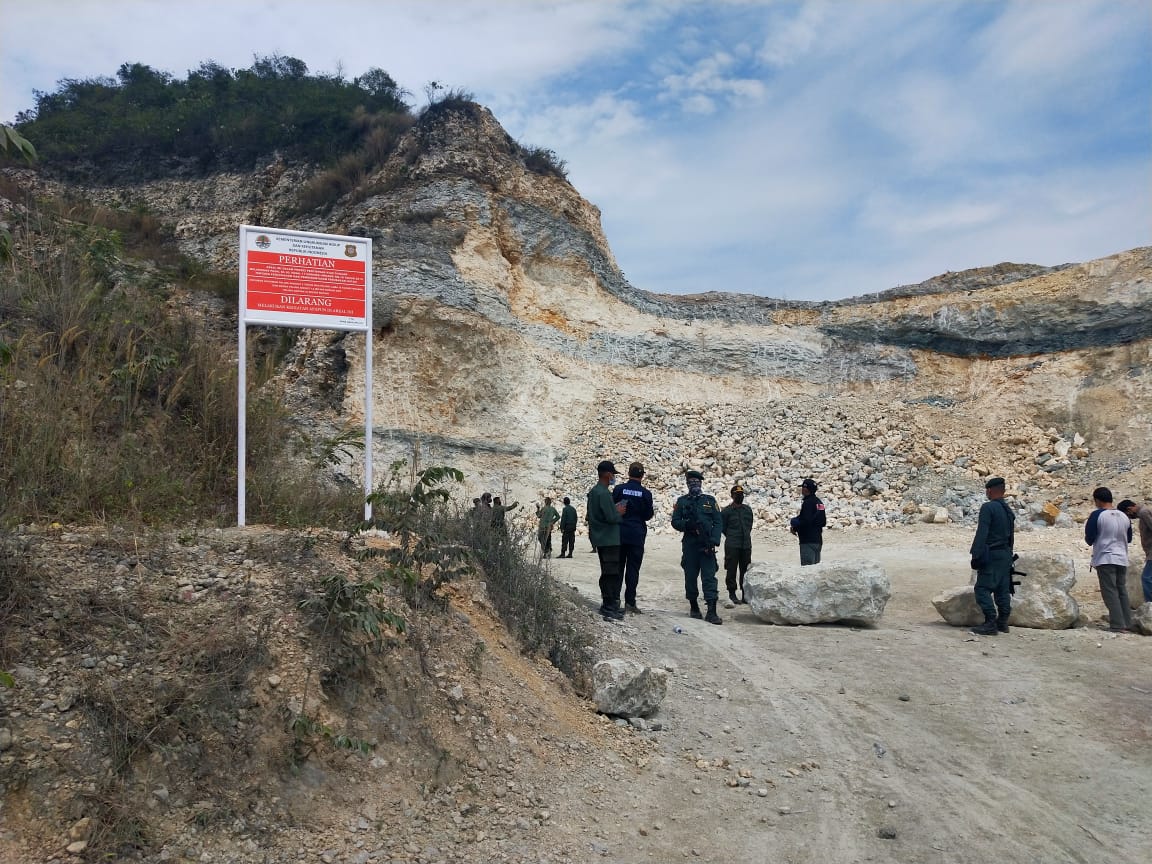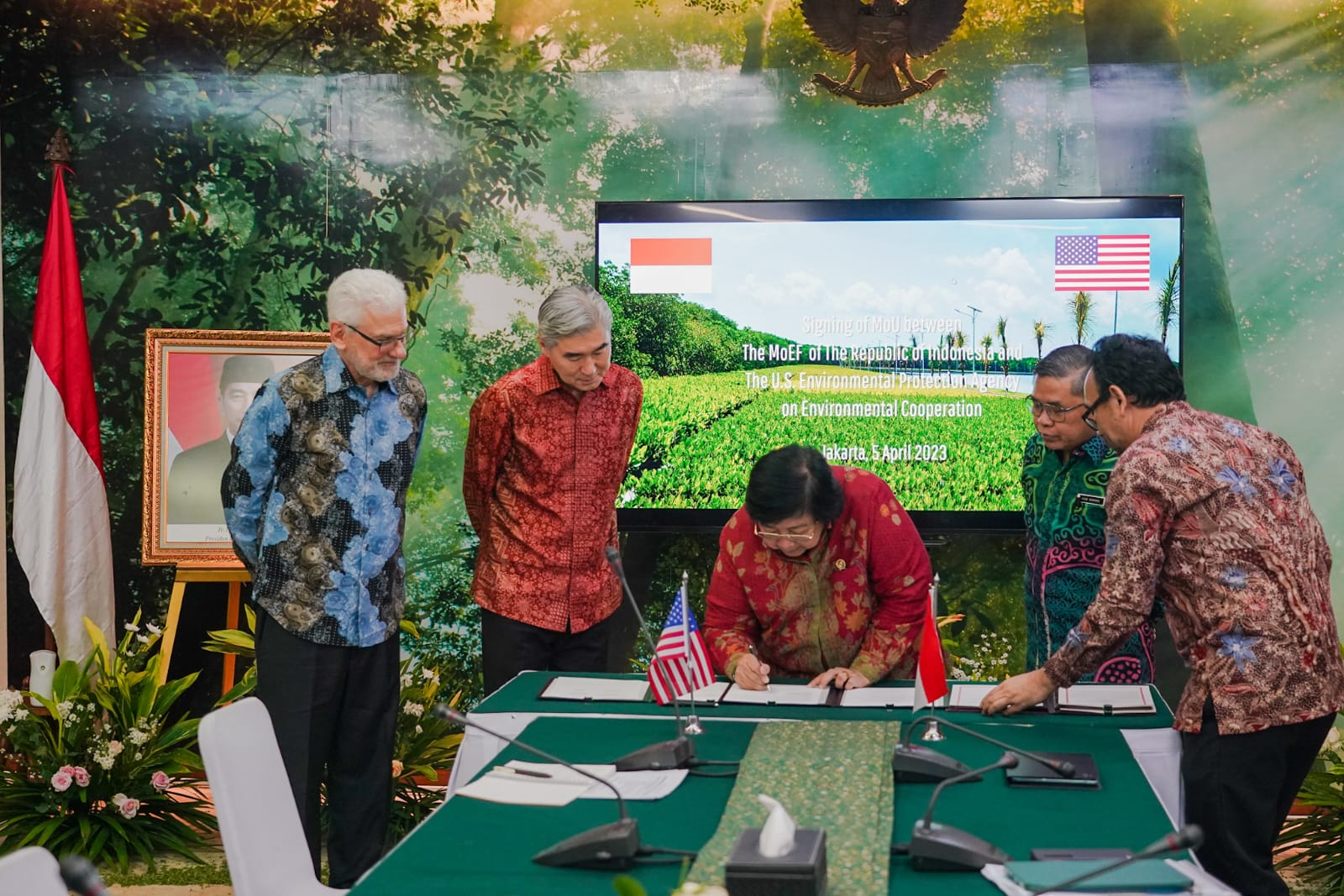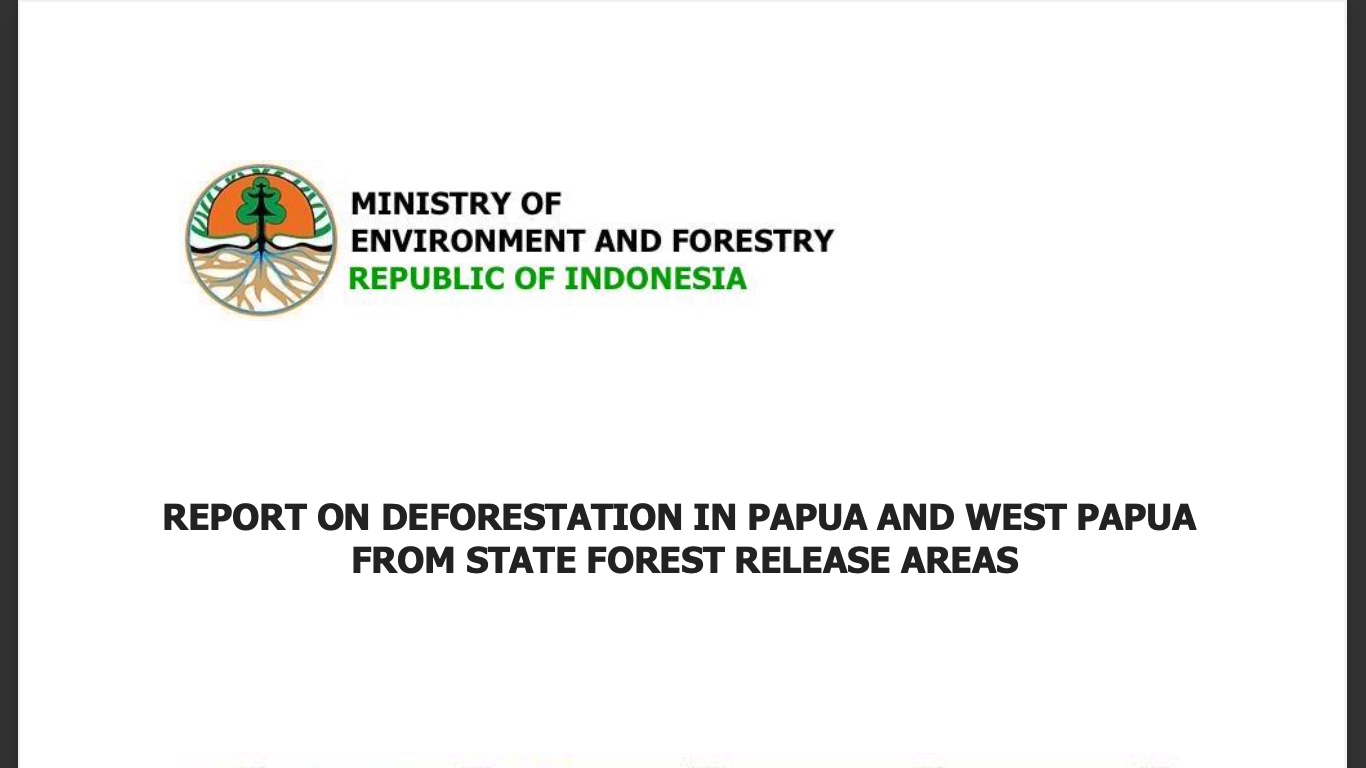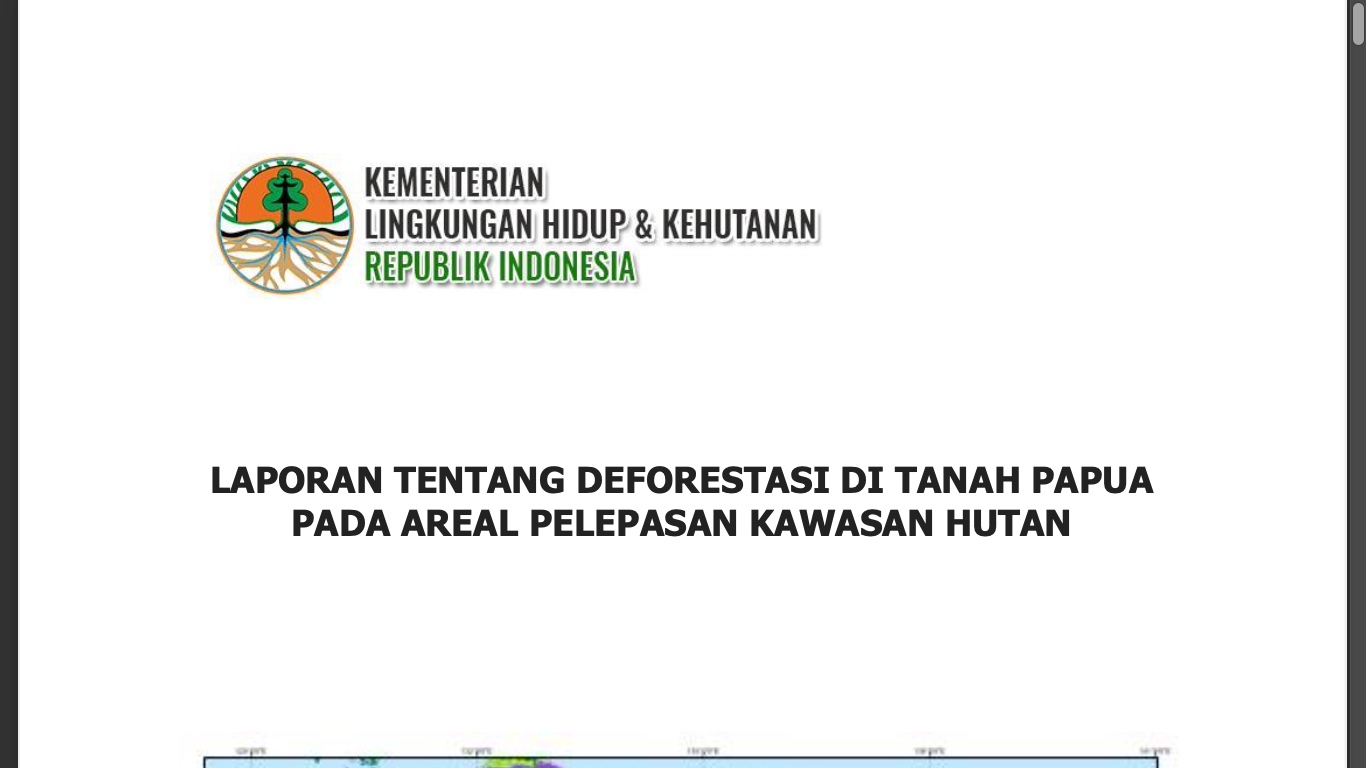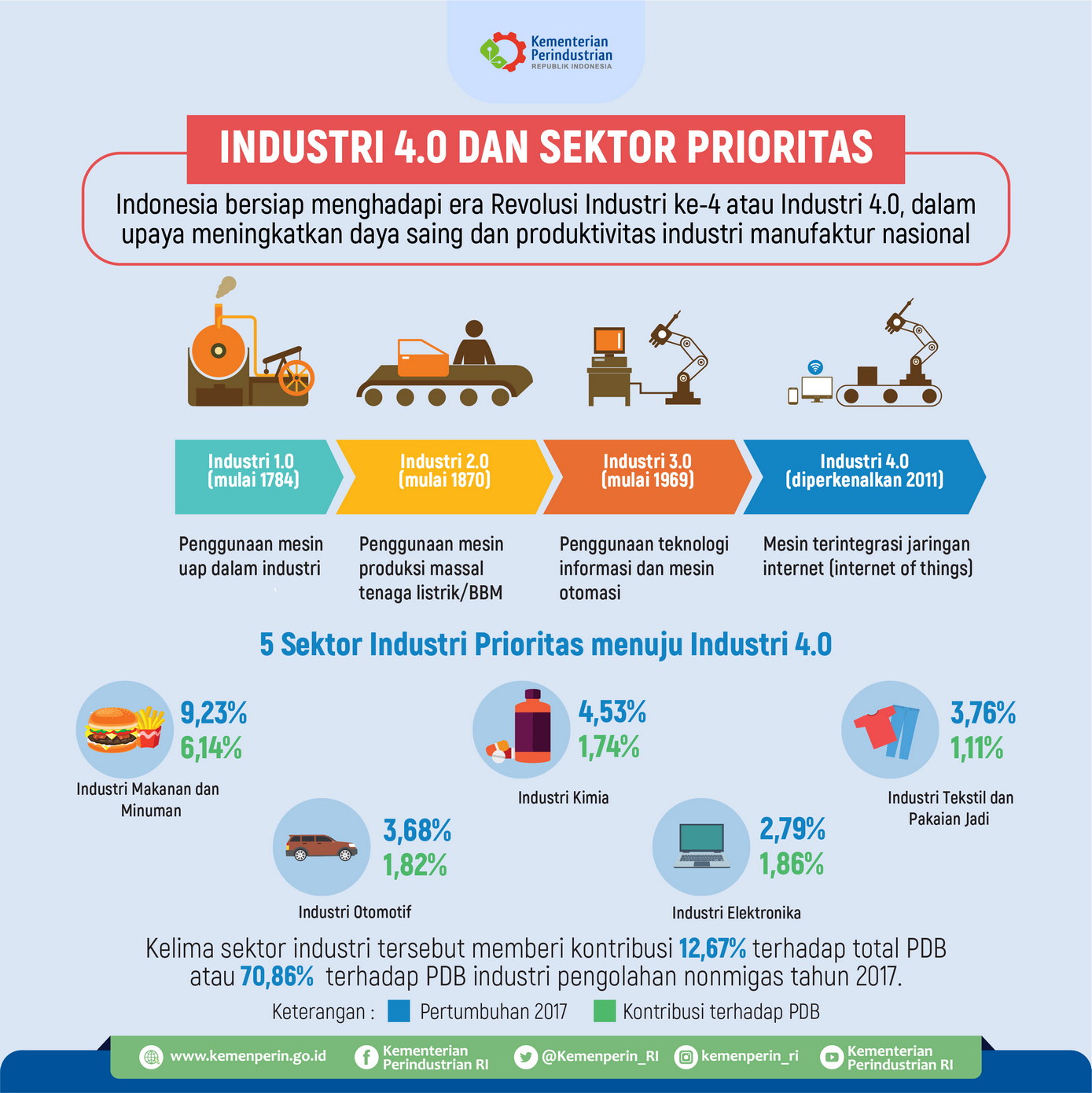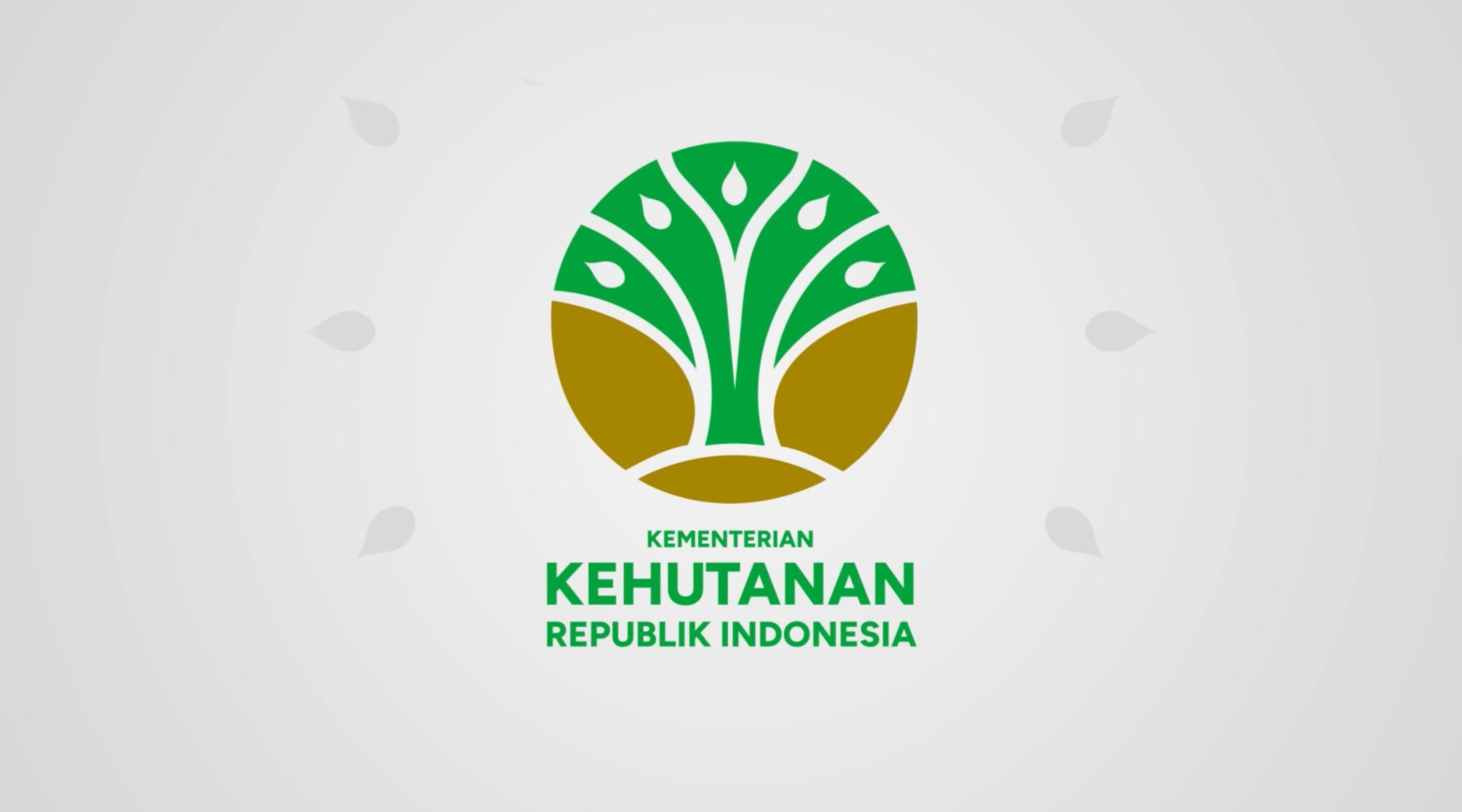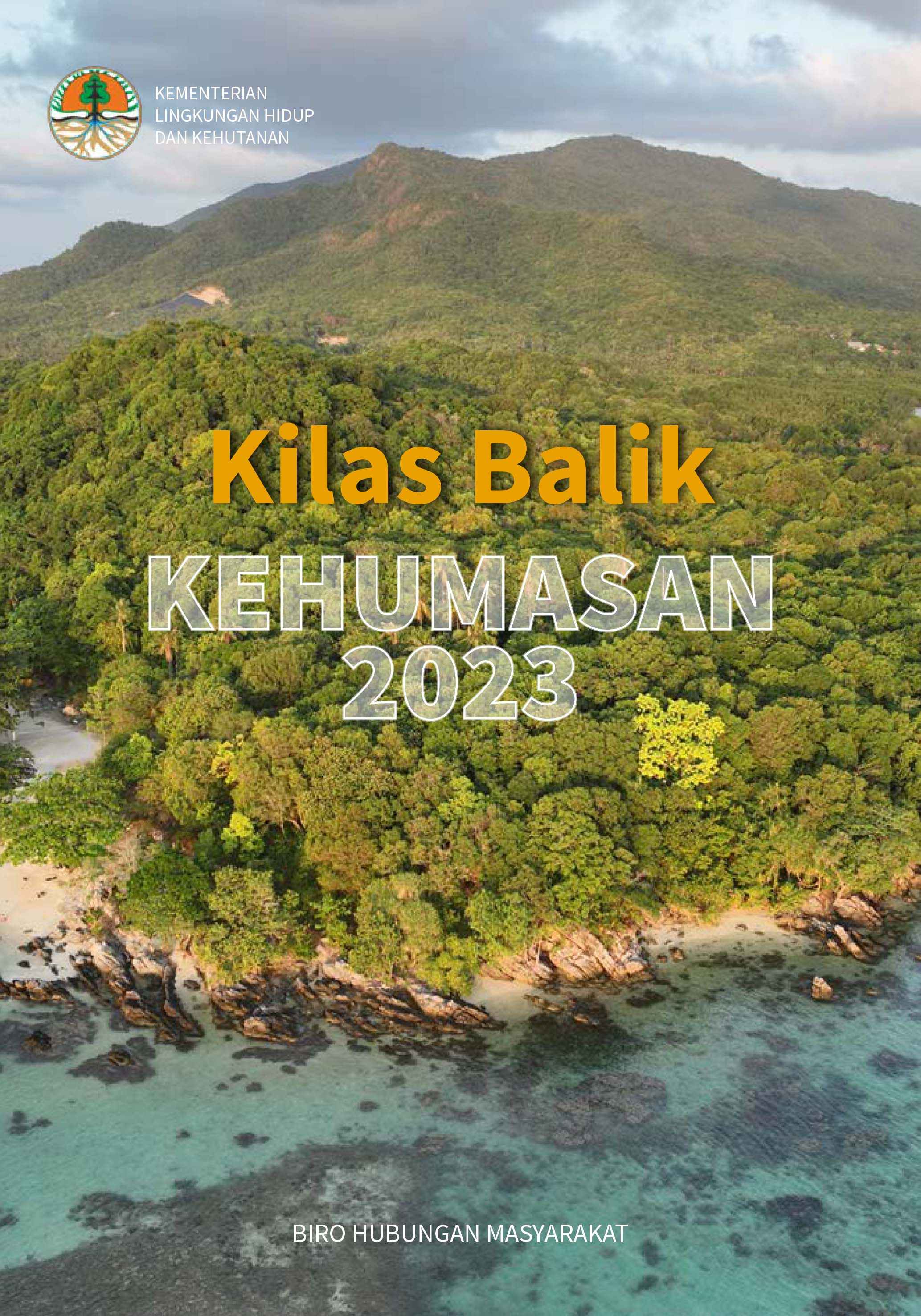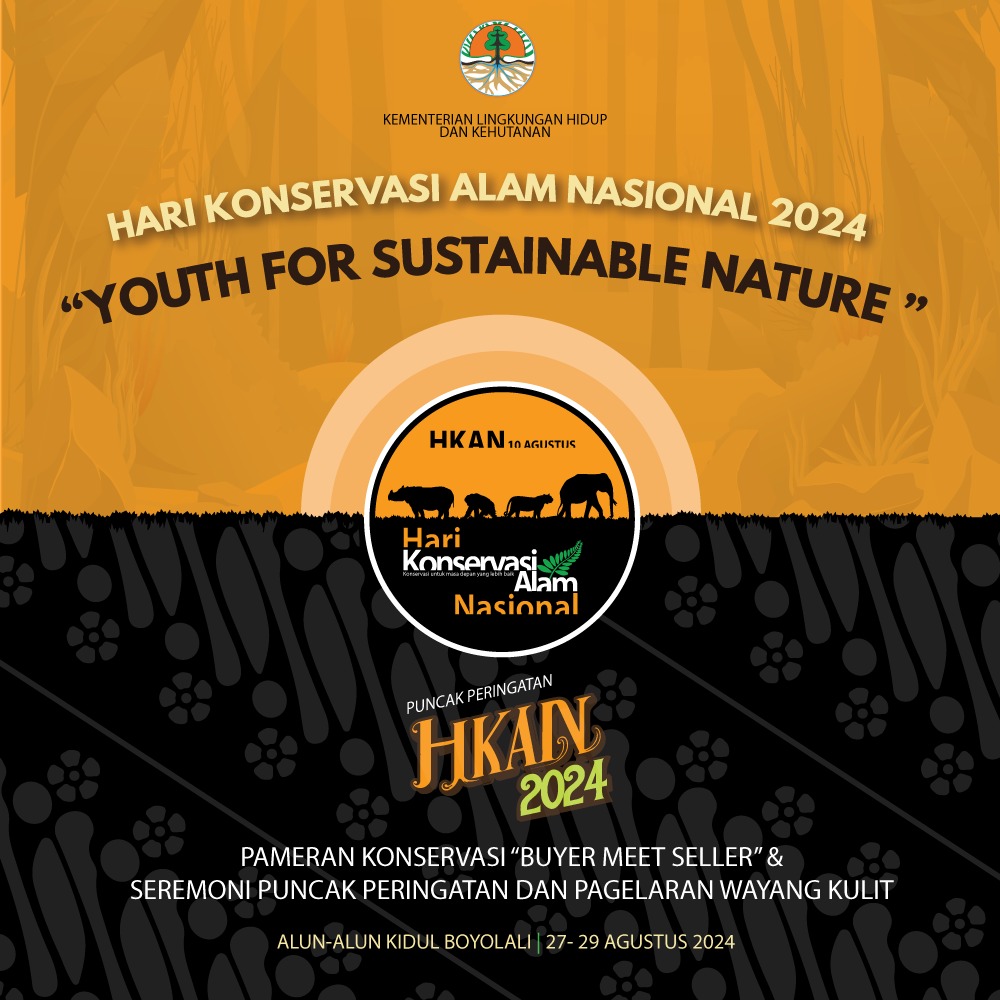Statement by H.E. Siti Nurbaya The Minister of the Environment and Forestry of the Republic of Indonesia at the 2nd United Nations Environment Assembly (UNEA-2)
Nairobi, Kenya, 27 May 2016
1. Indonesia is very pleased with the adoption of the resolution on Sustainable Coral Reefs Management during the UNEA-2 session. As the initiator of the resolution, we would like to thank the Governments of Norway, Palau, Australia, the Philippines, Monaco, and Maldives for their co-sponsorship as well as to all countries that have extended their support to this resolution.
2. Coral reefs is complex marine ecosystem and Indonesia is home to nearly 14% of the world the total coral reef population, and the archipelago supports a wealth of coral diversity including 92 genus and 569 species. It is highly vulnerable against environmental changes, and suffers more pressure with the increase of human population.
3. Most species use coral reefs for their reproduction as well as for their foraging ground. Some species carry high economic value. A large number of species embedded in the coral reefs are sources of biodiversity which are important for medicals purposes. And Indonesia is home for 3.2 million ocean species covering an area of 617.000 km2.
4. Coral reefs is also the barrier for coastal ecosystem, mangrove and marshes. It has been geo-morphologically formed since about one hundred million years ago. Therefore, coral reefs is considered important for palaecology and bio-chemicals, and can function as pot of all kinds of materials. Undoubtedly, coral reefs has physical, chemical, biological and ecological functions.
5. With reference to Resolution of World Coral Reefs Conference (WCRC) in Manado in 2014, as well as to Resolution General Assembly no 65/150 on Protection of Coral Reefs for Sustainable Livelihoods and Development, the resolution is meant to push governments and international organizations as well as stakeholders to take practical steps and actions. They are also required to protect coral reefs and the ecosystem for the benefit of economic development, social justice and ecological sustainability.
6. During the APEC meeting in 2007, Indonesia initiated a specific subject for Sustainable Coral Reefs Management in the zones of Coral Triangle Initiative for Coral reefs, fisheries and Food Security (CTI
- Masuk untuk komentar
- Daftar untuk komentar




